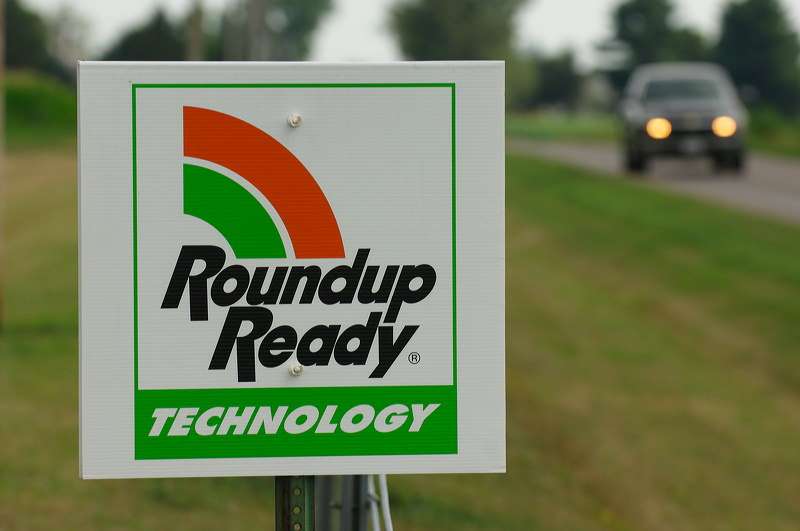U.S. Supreme Court Unanimously Backs Monsanto's Seed Patents

Back in March, I reported on the U.S. Supreme Court case Bowman v. Monsanto in which an Indiana farmer Vernon Hugh Bowman claimed that he had the right to save and plant herbicide resistant soy bean seeds invented, patented, and produced by Monsanto without paying the company royalties. The Court issued its unanimous ruling against Bowman today:
Bowman planted Monsanto's patented soybeans solely to make and market replicas of them, thus depriving the company of the reward patent law provides for the sale of each article.
Genetic Engineering News reports:
The U.S. Supreme Court today unanimously sided with Monsanto's right to enforce its patents for genetically modified soybean seed beyond their initial sale, over objections from a 75-year-old Indiana farmer who used multiple generations of the seed.
The high court concluded that Monsanto's intellectual property rights to the seed extend to multiple generations beyond an authorized sale. Vernon Hugh Bowman contended that Monsanto exhausted its rights once the first generation seed was sold by its original farmers as a commodity.
"Bowman planted Monsanto's patented soybeans solely to make and market replicas of them, thus depriving the company of the reward patent law provides for the sale of each article. Patent exhaustion provides no haven for that conduct. We accordingly affirm the judgment of the Court of Appeals for the Federal Circuit," the high court said, agreeing with Monsanto in a 10-page decision written by Justice Elena Kagan.
"If simple copying were a protected use, a patent would plummet in value after the first sale of the first item containing the invention. The undiluted patent monopoly, it might be said, would extend not for 20 years as the Patent Act promises, but for only one transaction. And that would result in less incentive for innovation than Congress wanted," Kagan wrote.
Bowman paid Monsanto for the first generation of the company's Roundup Ready soybean seed he grew on his Knox County, IN, farm, then bought a bulk mix of soybean seeds at a grain elevator and grew them. He reasoned that the mix included Roundup Ready, named for its resistance to Monsanto's herbicide glyphosate or RoundUp®, which it did.
Bowman also reasoned that he wouldn't have to pay Monsanto, which requires its farmer customers to agree in writing to not save seeds from the crop they produce—effectively agreeing to purchase the company's seed each year.
Interestingly, Kagan noted that the decision does not necessarily apply to future self-replicating technologies.
